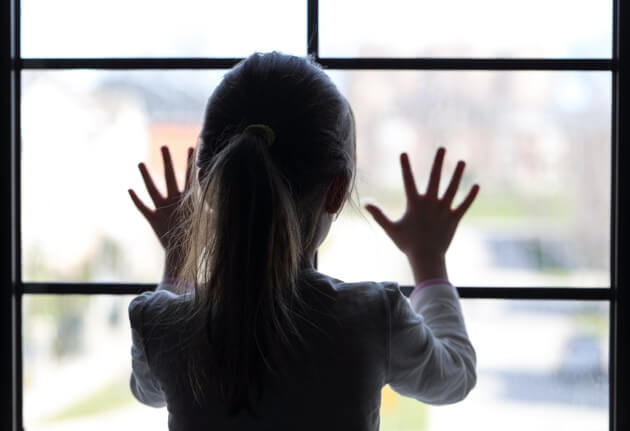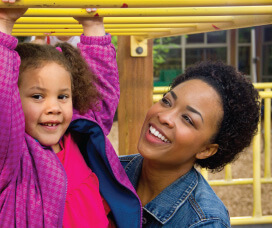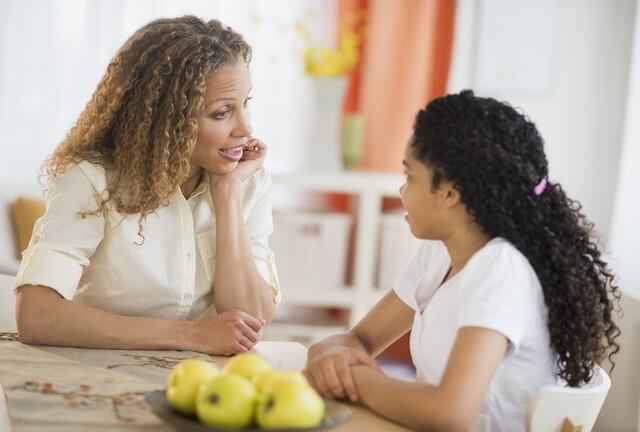Divorced Parents Holiday Coping Tips Whe...
By Rosalind Sedacca, CDC One of the saddest consequences of divorce for parents is the alone-time when your children are visiting their other parent. While short-term periods away from the kids can be a welcome respite for an over-scheduled single parent, that’s not always the case. For many parents the intervals between seeing the children can be long and lonely. This is especially so during the holiday season which can become a particularly challenging time. It’s even more difficult when friends and neighbors are busy with their own family gatherings. Time to be focused on YOU! It’s really important for parents who are alone during the winter holidays to get creative. Absorb yourself in activities you find personally fulfilling. This time of year can also be an opportunity to reflect on meeting your own needs. It helps to reach out to friends. Also participate in activities that bring joy to













